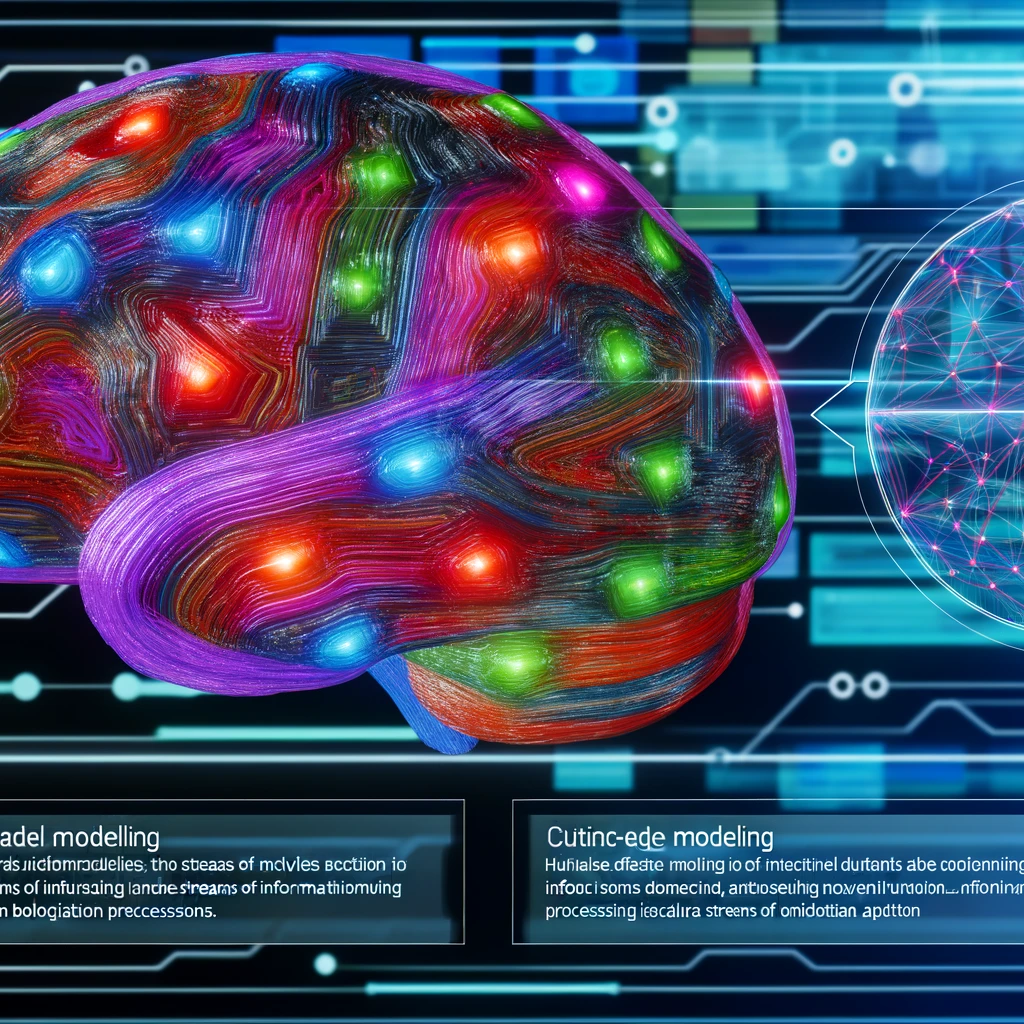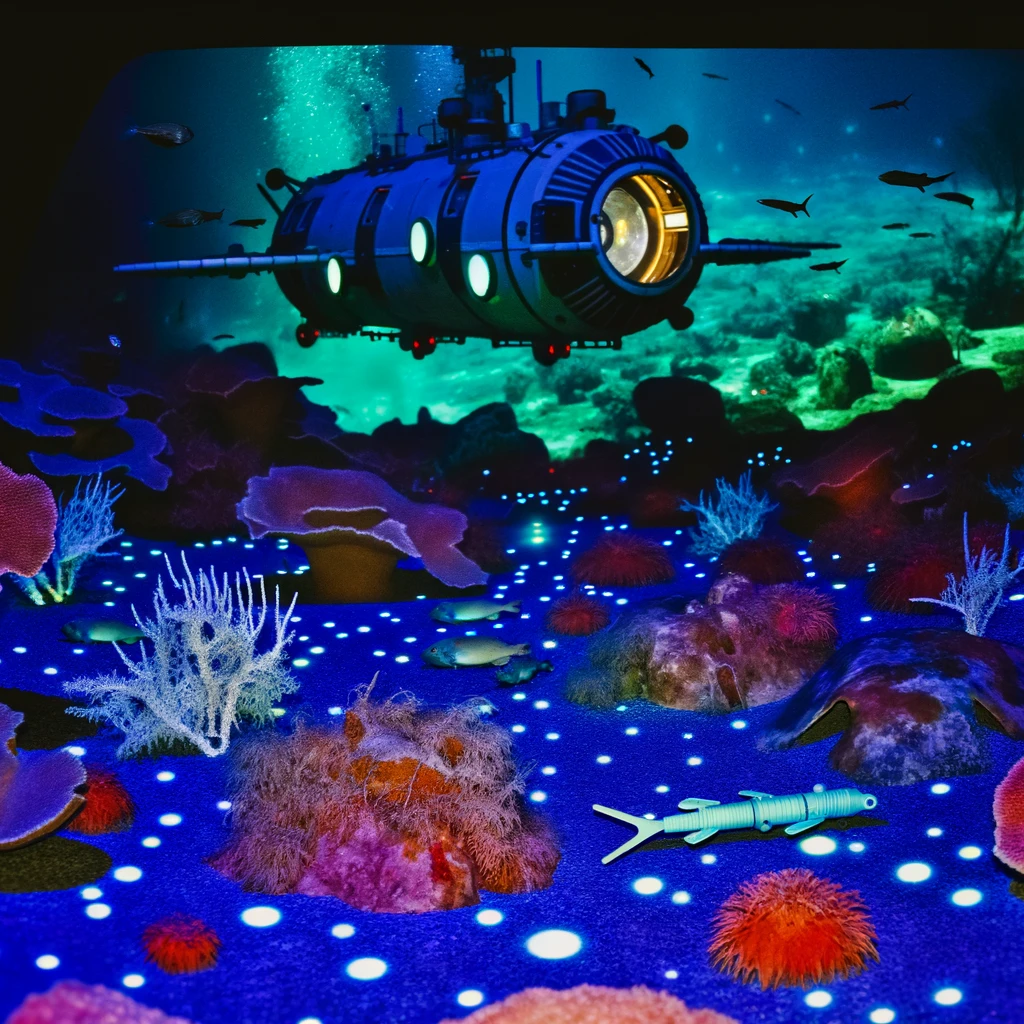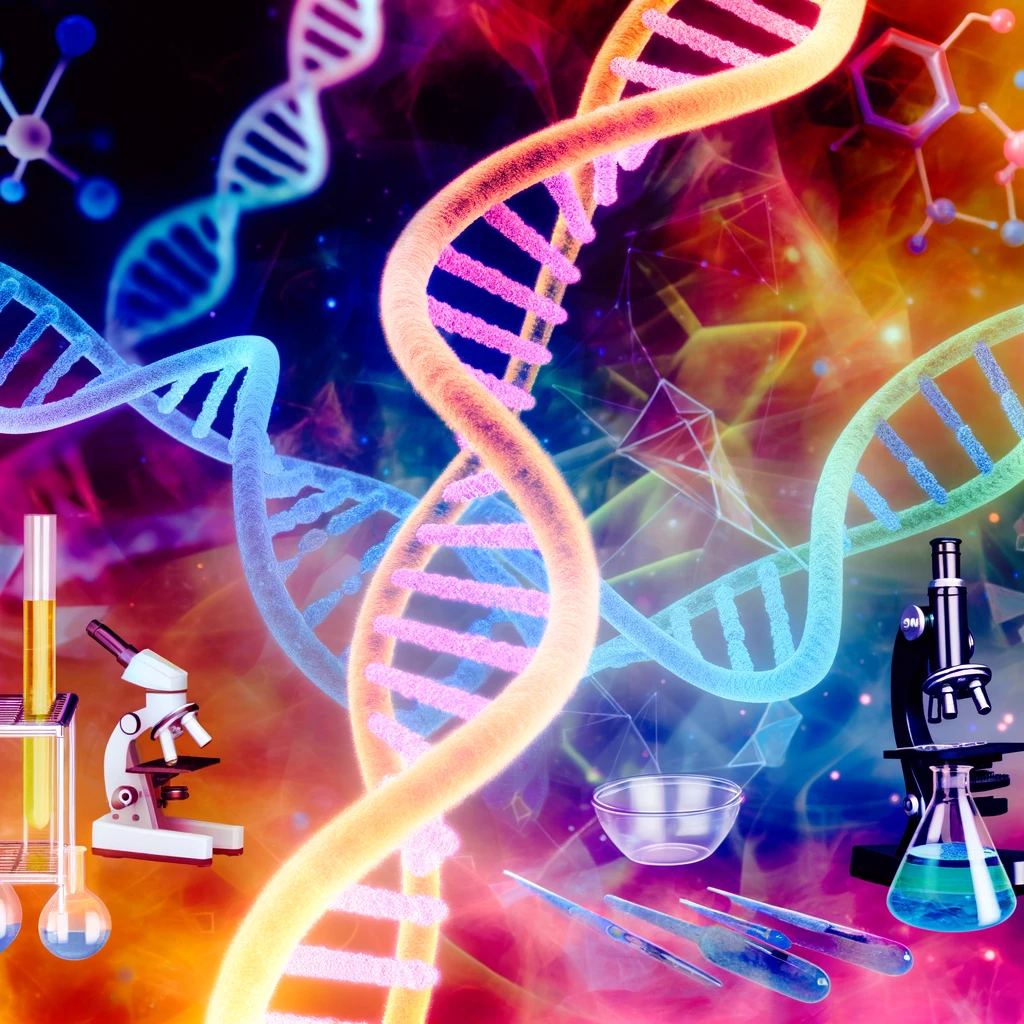
Introduction to the Human Brain
The human brain is one of the most complex structures in the universe. It controls every aspect of our lives, from basic motor functions to the intricate mechanics of thought and emotion. Understanding the human brain is pivotal for advances in medicine, psychology, and neuroscience.
The Structure of the Brain
The brain is composed of billions of neurons, which communicate with each other through synapses. The brain can be divided into several parts:
- Cerebrum: The largest part, responsible for voluntary activities, speech, and senses.
- Cerebellum: Located under the cerebrum, it coordinates muscle movements and maintains posture and balance.
- Brainstem: Controls the flow of messages between the brain and the rest of the body and manages basic body functions.
The Role of Neurotransmitters
Neurotransmitters are chemical messengers that play a crucial role in transmitting signals throughout the brain. Some of the most important neurotransmitters include dopamine, serotonin, and glutamate, each influencing different aspects of behavior, mood, and perception.
The Mysteries of Consciousness
Consciousness is one of the most enigmatic aspects of the human brain. It refers to the state of being aware of and able to think about one's own existence and environment. Despite technological and scientific advancements, consciousness remains largely unexplored. Theories abound, from the role of quantum mechanics to the influence of neural networks.
Scientific Approaches to Consciousness
Several scientific approaches have been taken to understand consciousness, including:
- Neurobiological Approach: Studies brain activity and its correlation with conscious experiences.
- Cognitive Approach: Examines mental processes like perception, memory, and problem-solving.
- Philosophical Approach: Explores the nature of consciousness and its relationship with reality.
The Future of Brain Research
As technology advances, so too does our ability to study the brain. Innovations such as functional MRI, neural implants, and artificial intelligence are paving the way for new discoveries. The Human Brain Project and the BRAIN Initiative are leading global efforts to map the brain and understand its functions in unprecedented detail.
Potential Implications
Understanding the brain and consciousness could have profound implications for treating mental health disorders, enhancing cognitive abilities, and even interfacing human brains with machines. Ethical considerations will play a crucial role as we navigate the complexities of these technologies.
Conclusion
The human brain remains a frontier of scientific inquiry. As we continue to unravel its mysteries, we gain not only insights into our own minds but also the potential to revolutionize health, technology, and our understanding of the nature of consciousness itself.
Related Articles





